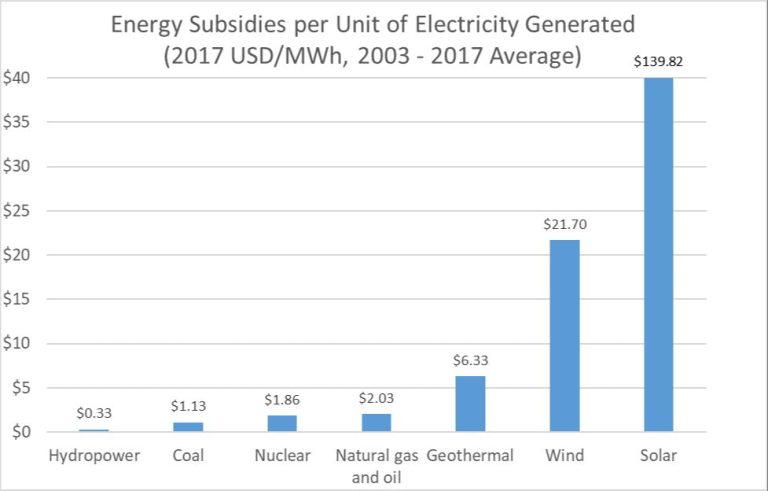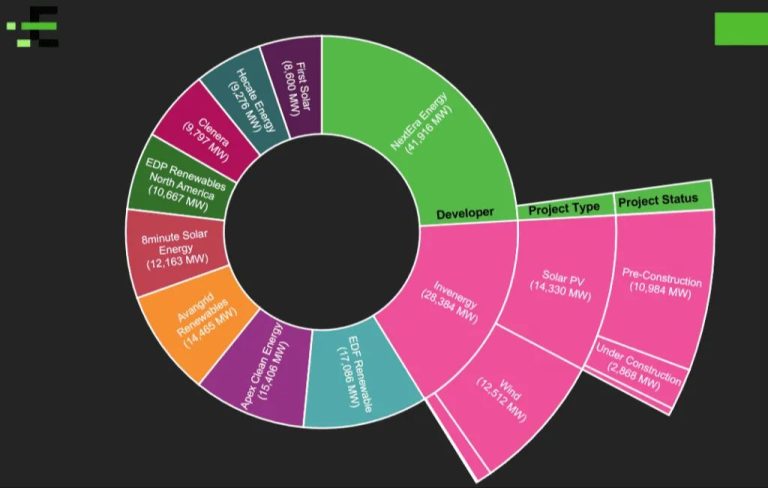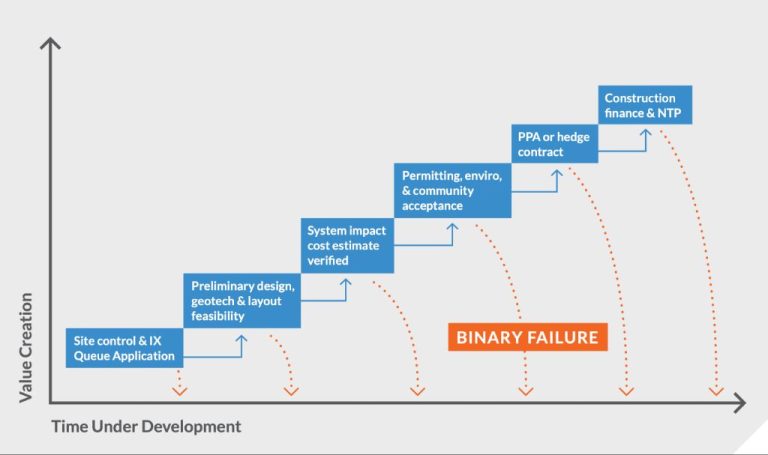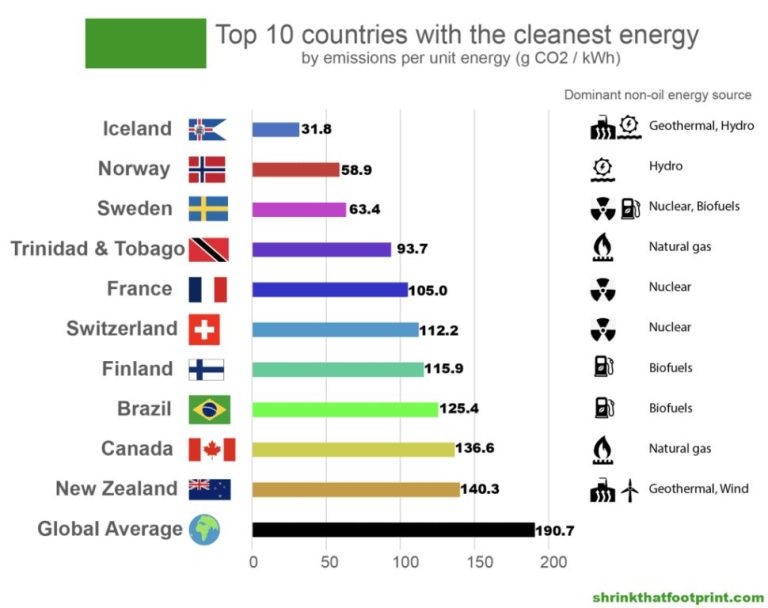What Degree Do You Need For Renewable Energy?
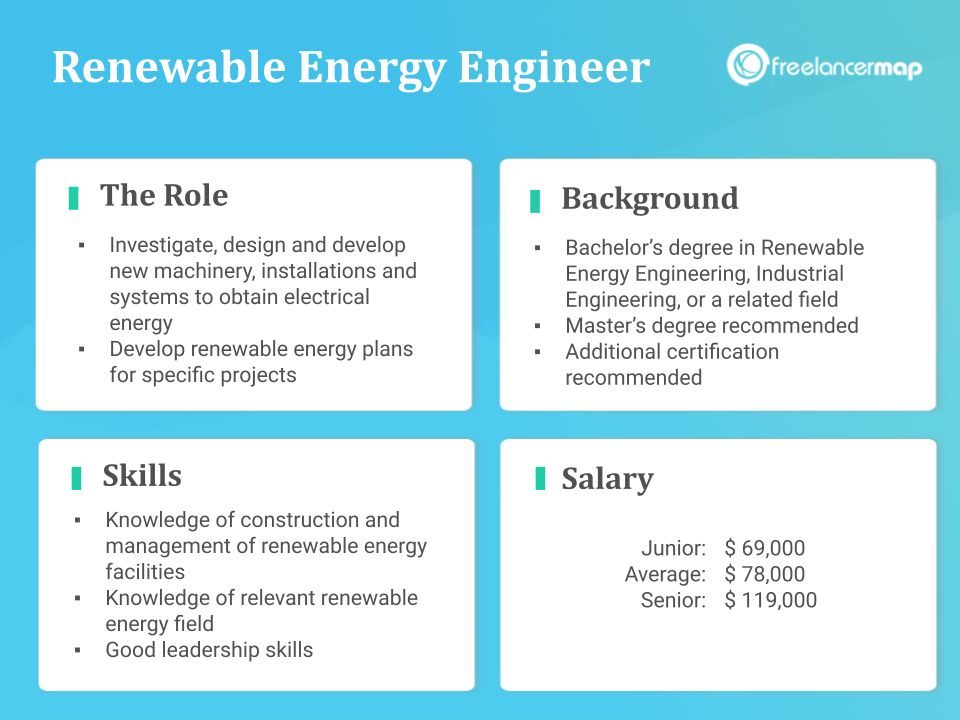
Renewable energy is one of the fastest growing industries in the world today, providing job opportunities in sustainability, reducing carbon emissions, and combating climate change. There are many different career paths within the renewable energy sector, covering areas like solar, wind, hydropower, geothermal, and more. Jobs range from hands-on technicians to researchers, engineers, project managers, sales, IT, and other corporate roles.
There are a variety of educational paths that can lead to a career in renewable energy. Many jobs require at least a bachelor’s degree in engineering, environmental science, physics, or a related field. However, there are also some jobs available for people with associate’s degrees or technical certifications. The most in-demand and highest paying jobs usually require a master’s degree or PhD. Overall, education level correlates with salary ranges and seniority of roles within the renewable energy industry.
This article provides an overview of the most common degree programs related to renewable energy careers, typical job titles and descriptions, top schools, salary information, and more. Whether you’re just starting your education or are looking to transition into the renewable energy sector, this guide can help you understand the major career pathways available.
Types of Renewable Energy Degrees
There are several types of renewable energy degrees focusing on different sources of renewable energy:
Solar energy degrees focus on harnessing energy from the sun through solar panels and concentrated solar power. Coursework covers photovoltaic systems, solar array design, solar cell technology, and solar energy integration.
Wind energy degrees provide training in wind turbine technology, wind farm design, turbine mechanics, and modeling wind resources. Students learn how to assess wind sites, operate wind turbines, and integrate wind power.
Geothermal energy degrees teach skills in drilling, reservoir engineering, geology, geochemistry, and heat transfer. The curriculum covers locating geothermal resources, harnessing steam or hot water, and converting geothermal energy into electricity.
Biomass energy degrees focus on converting organic matter like wood, waste, and alcohol fuels into energy. Relevant courses include biorefinery technology, bioenergy conversion processes, and agricultural biomass production.
Hydropower degrees cover topics like dam operation, turbines, hydroelectric power generation, and minimizing environmental impacts of hydropower. Students learn how to analyze hydro resources and design efficient hydro systems.
Associate’s Degrees
An associate’s degree in renewable energy is less common than a bachelor’s degree, but some technical and community colleges do offer two-year programs in this field. These programs provide hands-on training in areas like solar panel installation, wind turbine maintenance, and biofuels technology. They prepare graduates for entry-level technician and installer jobs in the renewable energy industry.
For example, Greenesa notes that Lane Community College in Oregon offers an associate of applied science in Energy Management Technician Training with tracks in solar energy or energy efficiency. This type of degree can lead directly to working in the field. Other community colleges like Mesa College in San Diego and Butte College in California have similar programs.
The curriculum in an associate’s degree often includes courses in energy systems, electronics, energy storage, safety protocols, and trade-specific skills. Some programs also incorporate an internship or field training component. While the earning potential may be lower than more advanced degrees to start, an associate’s degree provides quicker entry into hands-on renewable energy work.
Bachelor’s Degrees
A bachelor’s degree is the most common degree for entry-level jobs in the renewable energy industry. Many schools offer bachelor’s degrees specifically in renewable energy engineering, sustainable energy, or energy systems. Some common program titles include:
Bachelor of Science in Renewable Energy Engineering [1]
Bachelor of Science in Sustainable Energy [2]
Bachelor of Science in Renewable Energy [3]
These programs provide a solid foundation in math, science, and engineering, along with specialized courses in renewable energy topics like solar, wind, geothermal, biomass, and more. Coursework covers both the technical and business aspects of the field.
With a bachelor’s degree in renewable energy, graduates can qualify for jobs such as solar PV installer, wind turbine technician, energy engineer, sustainability consultant, and more. Hands-on internships are a major component of most programs.
Master’s Degrees
A Master’s degree in renewable energy is usually pursued by those interested in management or advanced engineering roles in the field. Many Master’s programs offer specializations in areas like solar energy, wind energy, bioenergy, and more.1 With a Master’s degree, renewable energy engineers can earn a median salary of around $109,127, compared to $95,280 with just a Bachelor’s degree.1
There are numerous Master’s programs related to renewable energy across disciplines like engineering, business, and public policy. Some common Master’s degrees include:
– Master of Science in Renewable Energy Engineering
– Master of Business Administration in Renewable Energy Management
– Master of Public Policy in Energy & Environmental Policy
Many schools offer hybrid online/in-person programs to allow flexibility. There are also specialized Master’s scholarships available just for renewable energy degrees, like those from the Group of Eight Universities in Australia.2
PhD Programs
Pursuing a PhD in renewable energy is ideal for those interested in research and university teaching roles. PhD programs require an extensive amount of research and original contributions to the field of renewable energy in the form of a doctoral dissertation. The length of PhD programs is typically 4-6 years.
Some of the top schools for PhD studies in renewable energy include Oregon State University, University of Massachusetts Amherst, Stanford University, and Georgia Tech. Oregon State offers a Renewable Energy Graduate Option within their Mechanical Engineering PhD program. The University of Agder in Norway also has a dedicated PhD in Renewable Energy program.
Those who complete a PhD in renewable energy are equipped to conduct pioneering research and teach at the university level. They may also take on leadership roles directing renewable energy research initiatives and projects.
Online vs. In-Person
Both online and in-person renewable energy degree programs have their pros and cons. Online programs offer flexibility and accessibility, allowing students to study anywhere at their own pace. However, they lack crucial hands-on lab work and in-person group collaborations. In-person programs provide access to cutting-edge labs, equipment, and face-to-face interactions but require relocating and a set class schedule.
According to online or in person new energy degrees, which is better?, online master’s degrees like the University of Colorado Boulder’s Renewable Energy Engineering program provide quality education through recorded lectures, virtual simulations, and online discussions. However, the hands-on lab experience is difficult to replicate fully online. In-person programs like those at the University of North Dakota allow students to access million dollar lab equipment and collaborate face-to-face with experts.
Ultimately, the choice depends on individual student needs and preferences. Online programs allow working professionals to advance their education and careers on a flexible schedule. On-campus programs immerse students fully in hands-on renewable energy learning, labs, and research.
Top Schools
There are several top universities in the United States that offer excellent programs in renewable energy. According to U.S. News rankings, the top schools for energy and fuels are Stanford University, Massachusetts Institute of Technology, and Georgia Institute of Technology.
Some of the most highly ranked renewable energy engineering programs are at University of California – Berkeley, Massachusetts Institute of Technology, Stanford University, and California Institute of Technology. These universities provide world-class education and research opportunities in fields like solar, wind, geothermal, biomass, and more.
For those interested in sustainability degrees more broadly, top choices include Pennsylvania State University, Arizona State University, University of California, Santa Barbara, and University of Michigan. These schools provide a wide array of programs related to renewable energy, sustainability, environmental policy, and more.
Careers
Renewable energy degrees open the door to many promising careers. Here are some of the most common jobs obtained with these degrees:
- Solar Energy Installer – Installs and maintains solar panels, inverters, batteries, and other solar energy systems for homes and businesses.
- Wind Turbine Technician – Installs, maintains, and repairs wind turbines.
- Energy Manager – Develops and implements energy management programs and strategies for companies and organizations.
- Biofuels Production Manager – Oversees operations at biofuel production facilities.
- Geothermal Engineer – Designs and oversees construction of geothermal power plants that use underground reservoirs of steam or hot water.
- Hydroelectric Plant Manager – Manages the operations and maintenance of hydroelectric power plants.
With the growth in renewable energy, job opportunities are expanding rapidly. A degree in renewable energy or sustainability can lead to a rewarding and meaningful career with excellent job prospects.
Conclusion
In summary, renewable energy degree programs provide specialized education and training to prepare students for careers in the growing renewable energy sector. Associate’s degrees offer foundational knowledge, while bachelor’s programs provide more advanced technical skills and research experience. Master’s degrees allow for specialization and management roles, and PhDs train experts to lead innovation through research. Both online and in-person programs have advantages, with online being more flexible but in-person offering hands-on labs. Leading schools for renewable energy include Oregon Tech, Arizona State, Stanford, MIT, and Colorado School of Mines. These programs open doors to a wide range of positions designing, building, operating, and managing renewable energy systems. With increasing demand and environmental benefits, renewable energy promises strong job prospects now and into the future.
To conclude, renewable energy degrees equip students with the interdisciplinary knowledge and hands-on training needed for the clean energy transition. As more industries adopt sustainable practices, professionals with expertise in renewable technologies will be essential. An education in renewable energy helps graduates positively impact the planet while building an exciting career.

